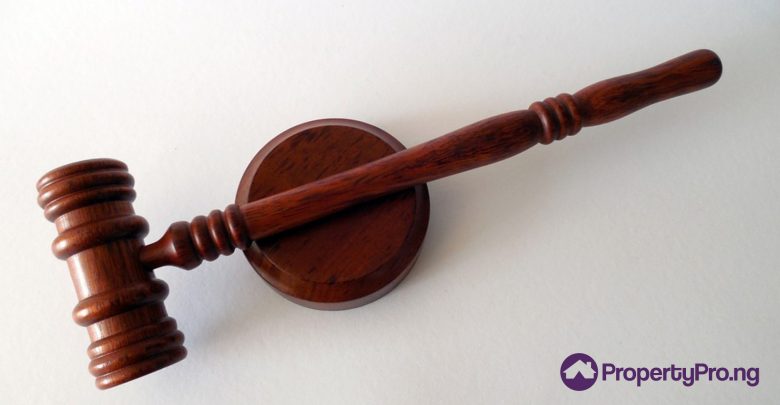
There are chances that you have come across the term “Power of Attorney” in conversations with friends or somewhere on the net. But if you haven’t, you are definitely in the right place. The first thing you should be aware of is, it is a legal term. It is a written document which authorizes a person to represent or act on behalf of another person in private matters, business, or any legal matter. The person who authorizes another is called the principal, donor (of the power), or grantor. The person who is authorized is called the agent or attorney-in-fact.
The Power of Attorney for Property is, however, same with the Power of Attorney as it concerns property. It is a written document given to someone to represent or act on your behalf as it concerns your property and finances. For instance, the attorney (the person authorized) could be charged with the responsibility of managing your investments, running of the business, taking care of your banking matters, or buying and selling of real estate properties. Though the person given power is called “attorney”, it does not mean they are your lawyer. Often times, the attorney is your spouse, relative or close friend.
Contents
1 What Can Your Attorney For Property Do?
2 How Long Does The Power Of Attorney For Property Last?
3 Who Can Give A Power Of Attorney For Property?
4 Who Can Be An Attorney For Property?
5 Requirements For A Valid Power Of Attorney For Property
What Can Your Attorney For Property Do?
What a person can or cannot do as an attorney solely depends on the principal or grantor as the case may be. That is, it is the principal who decides how much power the attorney gets or has. As the principal, you could give the attorney a general Power of Attorney for Property which covers all financial and property affairs. Or, you could narrow the power of the attorney to certain affairs by stating so in the Power of Attorney for Property document. For instance, the Power of Attorney given to an Attorney can be limited to just a single real estate transaction for a specific time frame.
It is, however, important that the authority given to an Attorney is clearly outlined i.e what is expected of your Attorney and when it is expected. For instance, people prepare Power of Attorney for future cases like when they are old and cannot take care of certain things. It should be clearly stated when you want the Power of Attorney to take effect or upon specific occurrence.
How Long Does The Power Of Attorney For Property Last?
The truth is the Power of Attorney for Property last as long as you want it to. If there is no limit to the Power of Attorney, then it continues to take effect until your death. It is the case when a person is referred to as a Continuing Power of Attorney for Property. What it means is, the Power of Attorney continues to have an effect even if you are mentally incompetent, and not dead. It is therefore advised to clearly outline the power given to the Attorney.
Who Can Give A Power Of Attorney For Property?
With all that the Attorney can do and cannot do, there are definitely rules to who can give a Power of Attorney for Property. To give a Power of Attorney for Property, the following are a MUST:
- The person must be 18 years or above.
- The person must be mentally capable.
- The person must be aware of the property and its general value.
- The person must understand what it means to appoint an attorney.
- The person must know what authority they are giving the attorney
- The person must also understand the possibility of the attorney misusing the power given to them.
Who Can Be An Attorney For Property?
Inasmuch as there are rules to follow on who can give a Power of Attorney for Property, same applies to who can be an Attorney for Property. The attorney MUST be a person who is 18 years of age or above and mentally competent. Although it is not a must to choose someone with financial knowledge but it is highly advised. Above all, when choosing a person as an Attorney, make sure you know and trust them.
Also, there are no limits to the number of attorneys a person can appoint. You can also have an alternate attorney in case the main attorney is unable to act for some reason. You can also make use of a trust company as your attorney for financial matters if you are worried about choosing a family member or friend.
Requirements For A Valid Power Of Attorney For Property
In order for a Power of Attorney for Property to be considered valid or legal, it must be written and signed by the principal and two witnesses. The two witnesses are both required to be present before you can sign the Power of Attorney. The law, however, does not allow the following people to be witnesses: the attorney you are appointing, the attorney’s spouse or partner, your own spouse or partner, your child or any person under the age of 18.
So, when next there’s a conversation about Power of Attorney, you should be able to say a thing or two.











